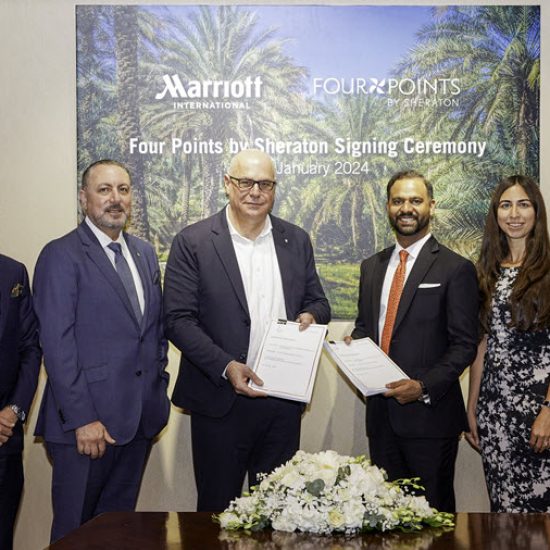A long-standing lawsuit that claims Google’s Android operating system infringes on Oracle’s Java copyright is heading to a jury today for a final decision. Previous court decisions have ruled in Google’s favor, but were partially reversed two years ago by the U.S. Court of Appeals for the Federal Circuit.
The complaint, which centers on whether Google’s use of some Java application programming interfaces (APIs) in Android constitutes “fair use,” was returned to U.S. District Court Judge William Alsup after the U.S. Supreme Court last year rejected Google’s petition for review.
Oracle is seeking $8.8 billion — and an injunction against any future use of Java by Google — because it alleges that by using Java in Android, Google violated part of its Java programming language copyright. For its part, Google said under the fair use provision of copyright law it is allowed to use Java without paying.
Oracle acquired the Java software platform when it bought Sun Microsystems in January 2010, and filed the suit against Google later that same year. The Electronic Frontier Foundation (EFF) has called the dispute a “high-stakes copyright case” that could have far-reaching effects on the future of software development.
‘Classic Example of Fair Use’
“This is a very important case, not only for Google but for innovation and technology in general,” Google attorney Robert Van Nest said in his closing arguments to the jury, according to a report in Ars Technica. Google “built Android from scratch,” using both its own technology and adaptations of other, open source technologies, said Van Nest, a partner in the San Francisco law firm of Keker & Van Nest LLP.
When it created the Android operating system, Google wrote its own version of Java but used “the same names, organization, and functionality as the Java APIs,” the EFF said in its summary of the case. In 2012, Alsup ruled those APIs weren’t protected by copyright, but that decision was reversed on appeal in May 2014.
Even if Java APIs are held to be protected by copyright, Google can argue that its inclusion of some Java content is acceptable under the fair use provision. Van Nest asserted in court that Google’s approach “was a classic example of fair use,” according to Ars Technica.
‘Chilling Effect’ on Software Development
The dispute concerns Google’s use of “nine out of millions of lines of source code” from Oracle’s Java APIs, according to a case summary on the Keker & Van Nest Web site. The summary also said that Oracle’s demand for $6 billion in damages was “wildly inflated.” However, in this new case that got underway in May 9, Oracle upped the ante to $8.8 billion.
“Regardless of the outcome of this fair use case, the fact that it proceeded to this stage at all casts a long legal shadow over the entire world of software development,” EFF director of copyright activism Parker Higgins wrote earlier this month in a blog post. In 2014, the EFF filed a friend of the court brief with the U.S. Supreme Court on behalf of 77 computer scientists who support Google’s stance against Oracle.
In his blog post, Higgins said the case’s ultimate outcome could have significant effects on others in the software industry that don’t have the deep pockets or legal resources of Oracle and Google.
“Beyond all those known costs, wedging a layer of copyright permissions culture into API compatibility comes with serious unknowable costs, too: how many developers will abandon ideas for competitive software because the legal risks are too great?” Higgins asked. “In many areas, an absence of copyright, or the use of permissive public licenses, can foster more creativity than fair use alone could.”
Google has “presented a very strong case throughout, and drove that home with the closing statements,” Higgins, who was in Alsup’s San Francisco courtroom today, told us via e-mail.
“It’s clear that Android’s use of the APIs in question were standard industry practice, and more than that, essential for interoperability and competition,” Higgins added. “Already the legal uncertainty around APIs has cast a chilling effect on the world of software development, and a loss for Google at this stage would just make that situation worse.”
Jhon:
Posted: 2016-05-23 @ 4:52pm PT
Think about Subway putting in all these years to get a name and then some new sub making company reuses the exact same name “Subway” to sell a different product at a lower price. Can Subway sue the new company who stole its brand name? Of course it can.
Google needed something that could be adopted and stole knowingly when they failed to get the license.
tommy:
Posted: 2016-05-23 @ 3:11pm PT
That’s exactly right. If APIs are copyrightable, and they follow descriptive naming standards, then every competitor will have a substantial subset of their APIs be the same. The library names are not copyrightable, just like a Table of Contents isn’t.





